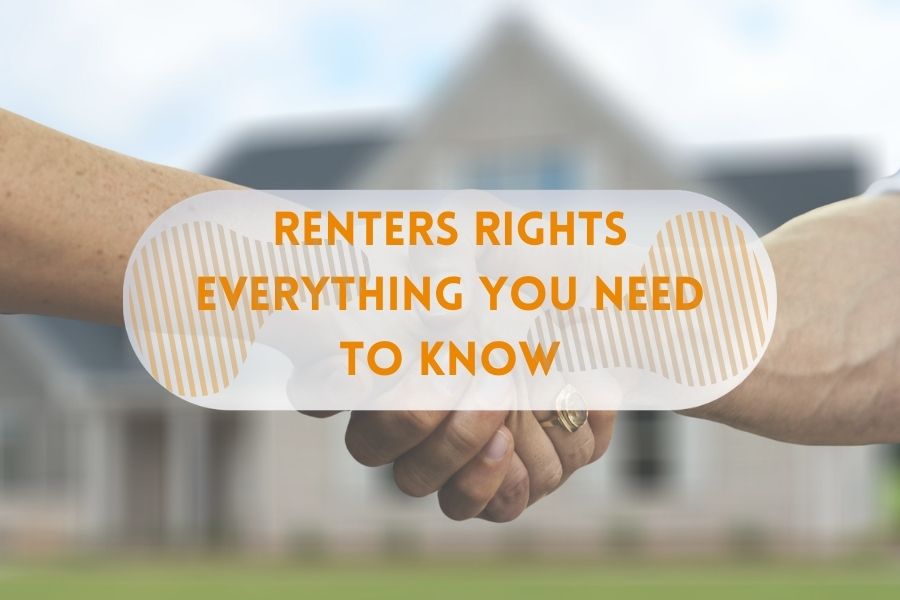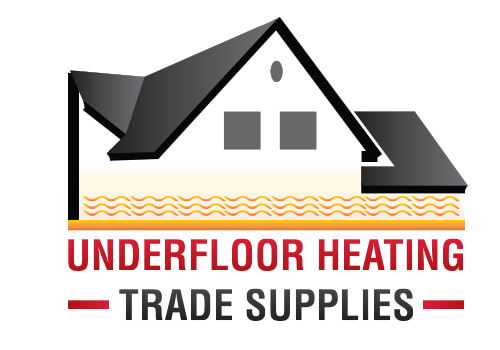
Finding a home isn’t easy, and it can be pretty tricky to find the right rental property to live in. For most renters, once they find a home, they live in relative peace and harmony. Unfortunately, not all renters’ experiences are happy ones. This can be incredibly daunting when renting from private landlords. Many private landlords use the services of an estate agent or property manager to maintain their rental properties and collect rent. You’ll usually find the property manager easy to speak with as they know the law and abide by the rules. However, some private landlords manage their properties themselves, and while most of them are respectful of the rights of their tenants, some are not.
If you’re looking for rental accommodations or you’re already renting and are not very pleased with your landlord, you need to look at your rights as a tenant. [i] Let’s take a look at some things you can do to make renting less of a hassle.
Your Rights As A Tenant
You may not own the home you live in, but that does not mean you can’t live in a peaceful, private and safe home. This is why tenancy agreements are so important and why you need to be sure the terms of the agreement are clear.
Here is a short list of your rights as a tenant:
- The expectation to live in the property without being unduly disturbed – This means your landlord or the estate agent can’t just show up to the property and demand entry. In most cases, they must give the tenant 24 hours’ notice before coming to inspect the property or if they’ve arranged repairs.
- Live in a property that is structurally sound and safe – You may be expected to keep up the repairs and maintenance of some aspects of the home, but things like electrical and plumbing work are usually the responsibility of the landlord. The same applies to anything that affects the structure, like water damage, termite damage, etc.
- Ask to see the property’s Energy Performance Certificate[iii] – Rent is only one of your regular costs, and if the property doesn’t have proper heating or insulation, your energy bills can be excessive. Newer properties often have an underfloor heating system that may take a while to heat up, but the heat can be maintained reasonably well once it does.
You also have the right to:
- Know who your landlord is, even if you have been dealing with a licensed property manager.
- Have your deposit refunded in full at the end of your tenancy agreement (unless your landlord has a reason to withhold it, or part of it)
- Question any excessive charges or high rent increases.
Tenants’ Rights FAQ
1) Can I sublet my rental property?
This should not be a problem in most cases, but check with your landlord or the property manager first.
2) Can a landlord increase rent?
Yes, but there are conditions to increasing rent. In most cases, your landlord can only increase your rent once a year. Your landlord can only increase your rent for a fixed-term tenancy if you agree to this or once the fixed term period concludes [iv].
3) How much notice does a landlord have to give before evicting you?
In most cases, your landlord needs to give you at least 28 days to vacate the rental property. However, this will also depend on the terms of your tenancy agreement.
4) How long does a landlord have to return a deposit?
In the UK, deposits are held in a Tenancy Deposit Protection scheme, meaning that if there is a dispute over the deposit at the end of your tenancy, neither you nor your landlord can access it until the dispute is settled. Your landlord has 10 days to return your security deposit to you. You should expect the full amount of the deposit as long as you made all your rent payments and you leave the property in good condition. Just in case, take photos of the property once you move out all your things. Most landlords are honest, but in case you encounter one who isn’t, these pictures may be used as evidence if the landlord tries to keep the deposit claiming damage on the property[vii] .
Read more about Tenancy Deposit Protection here.

Your Obligations As A Tenant
Being a good tenant can make renting a lot easier for you, and it will work in your favour when you decide to move to a different rental home. It’s always a good idea to develop a positive and friendly relationship with your landlord or the property manager. If some aspect of the property needs to be repaired, your landlord will be more likely to comply if you have been a model tenant.
Your obligations as a tenant include:
- Pay your rent on time. If you are going to be late, contact your landlord or the property manager and explain this to them. If the issue is that rent is due on the 1st of every month, but you get paid on the 10th, negotiate a different date with your landlord so they know when to expect rent to be paid.
- Don’t let your rent get into arrears[v]. Missing one month of rent is already going to look bad, but consistently getting into arrears, meaning you allow your rent to go unpaid for several months, will cause a lot of friction between you and your landlord. If this does happen to you, contact your landlord and negotiate a repayment system with them. If you are in arrears because you have lost your job or due to illness, talk to your landlord, the property manager and seek government assistance. You may be eligible for government assistance to see you through a rough patch.
- Keep the property clean, tidy and in good repair. If a guest or member of your household causes any damage, get it repaired as quickly as you can.
- Be mindful of your neighbours and respect their right to peace and privacy. If you have loud gatherings too frequently or are otherwise disruptive, your neighbours may report you to your landlord who will then have cause to evict you.
Many tenants are apprehensive when it comes to dealing with landlords and some of the most pressing issues is knowing the landlord has the key to your home. You may be wondering, “Can my landlord enter my house when I’m not there?”[vi] Generally speaking, your landlord is not permitted to enter your home without giving you at least 24 hours’ notice. However, there are some circumstances where your landlord can enter the premises when you’re not there. These include:
- Obtaining your permission first.
- An unexpected gas or water leak that needs an emergency repair.
- In certain circumstances where you have failed to meet your obligations as a tenant, but even then, the landlord must have a court order to do so.
Avoid Verbal Tenancy Agreements
Once upon a time, a verbal agreement and a handshake were all you needed to enter any contract, and, for the most part, there are still many arrangements you can make legally without a written contract. When it comes to renting a property, avoid verbal tenancy agreements. While it is legal to enter a verbal tenancy agreement, most professionals will recommend a written contract.
The main problem with verbal agreements is that it’s impossible to prove the terms of the contract. This means your tenants’ rights can’t be verified. Your landlord may promise many things, especially when it comes to repairs and maintenance, but without written proof, you may end up living in a sub-standard dwelling and no prospects of having the landlord making good on the repairs.
Always insist on a written rental agreement to ensure the lease terms are clear for both parties.
Single Let or HMO?
In simple terms, a single let is a house or flat that is leased to a single tenant. This type of accommodation can be inhabited by a single person, a couple or a family but usually, the primary tenant signs the agreement. For the most part, once a single let is signed, the tenants can get on with life and will only need to see the landlord or property manager for an occasional inspection or if repairs are needed[ii].
There are definite benefits to a single let. The main benefit is that the rental property is only occupied by yourself and your partner or family. This means you are less likely to have a clash of personalities with people you don’t know.
An HMO, meaning House In Multiple Occupation, can house anything from three to several single tenants within the same dwelling. These tenants may rent an entire room for themselves and share the kitchen, bathroom and other community areas like the living or dining room with the other tenants.
HMOs are popular with students who don’t want to live in halls, young professionals who have moved somewhere new for a job, and people who have just left home. This type of accommodation can be cheaper than a single let, but you don’t have control over who you share the HMO with as a tenant. Unfortunately, some private landlords abuse this type of tenancy and try to lease out every available space within the dwelling. This can make it very uncomfortable to live in, and it can pose health and safety risks.
Sources
[i] https://www.citizensadvice.org.uk/housing/renting-a-home/renting-from-a-private-landlord/
[ii] https://justdoproperty.co.uk/whats-better-a-hmo-or-a-single-let-property/
[iii] https://www.gov.uk/buy-sell-your-home/energy-performance-certificates
[iv] https://www.gov.uk/private-renting/rent-increases
[v] https://www.citizensadvice.org.uk/debt-and-money/rent-arrears/paying-off-your-rent-arrears/
[vi] https://www.northwooduk.com/articles/landlord-access-rights-can-a-landlord-enter-without-permission-in-the-uk/
[vii] https://www.citizensadvice.org.uk/housing/renting-privately/ending-your-tenancy/getting-your-tenancy-deposit-back/
